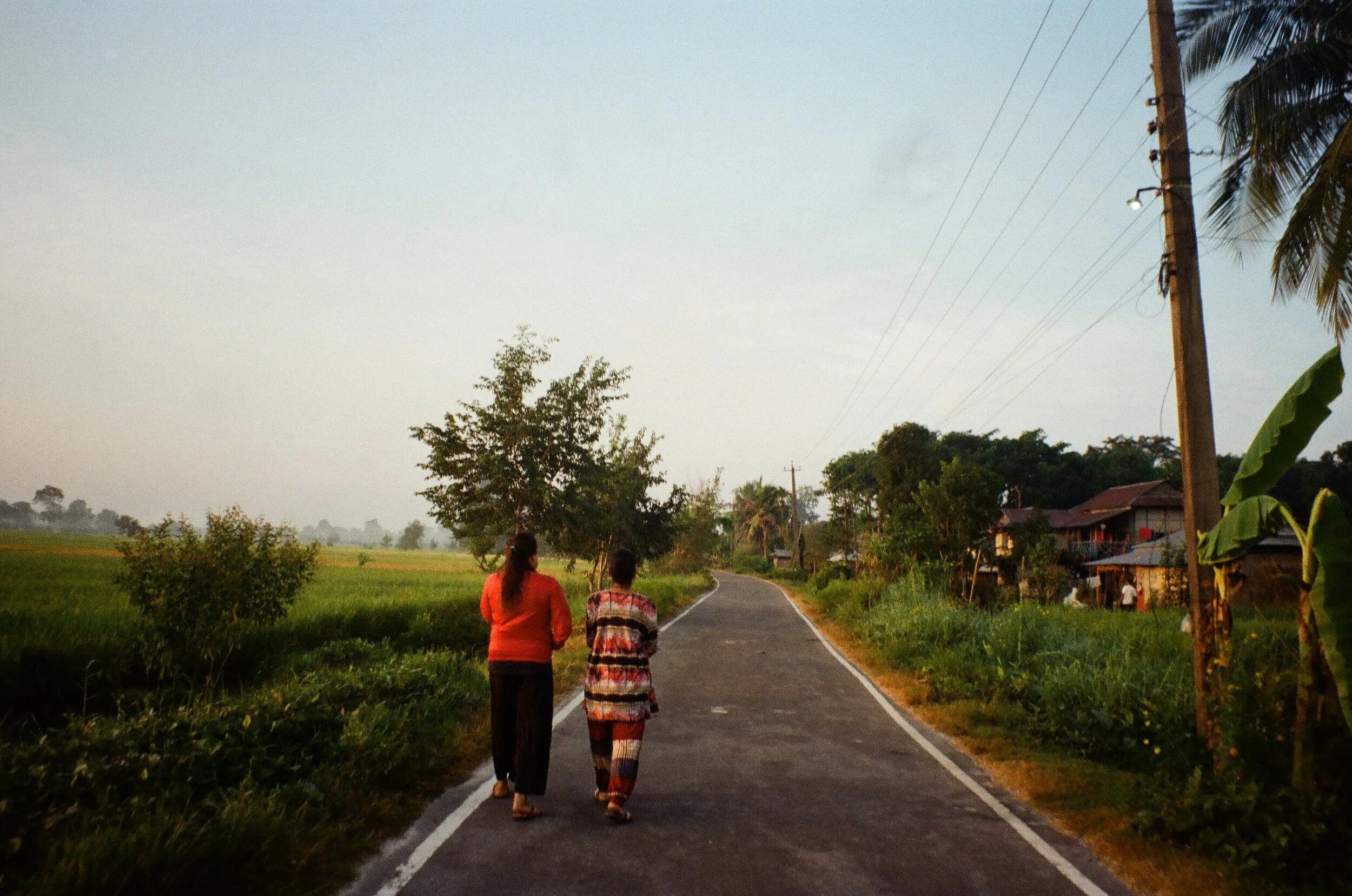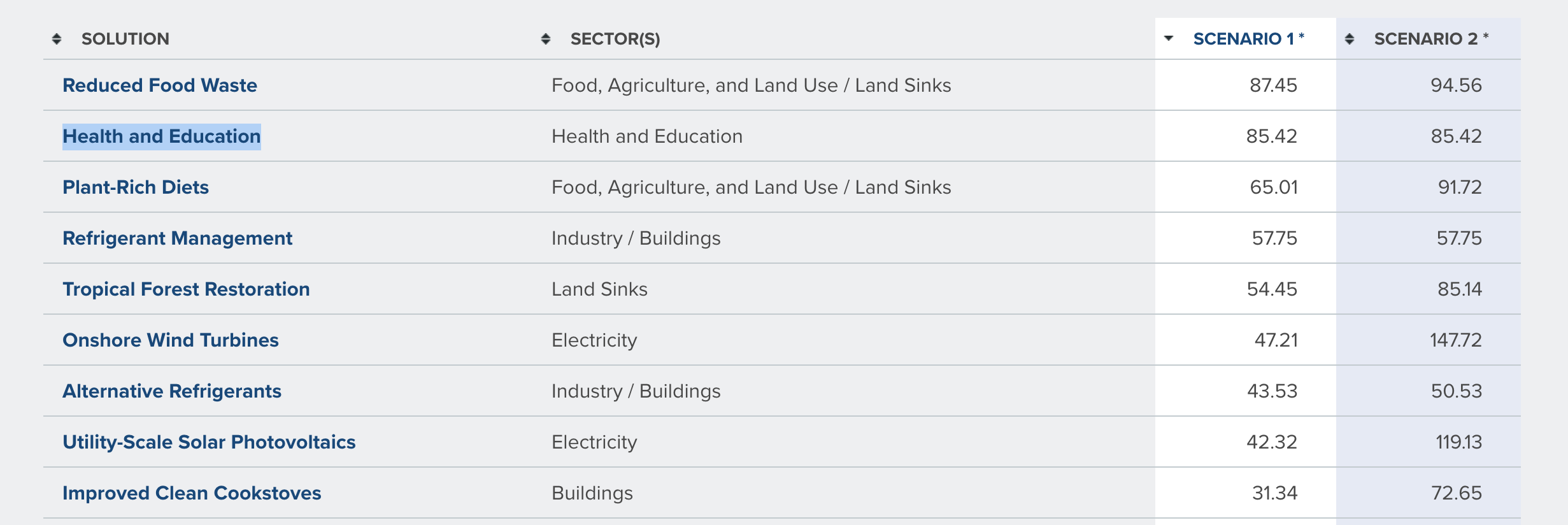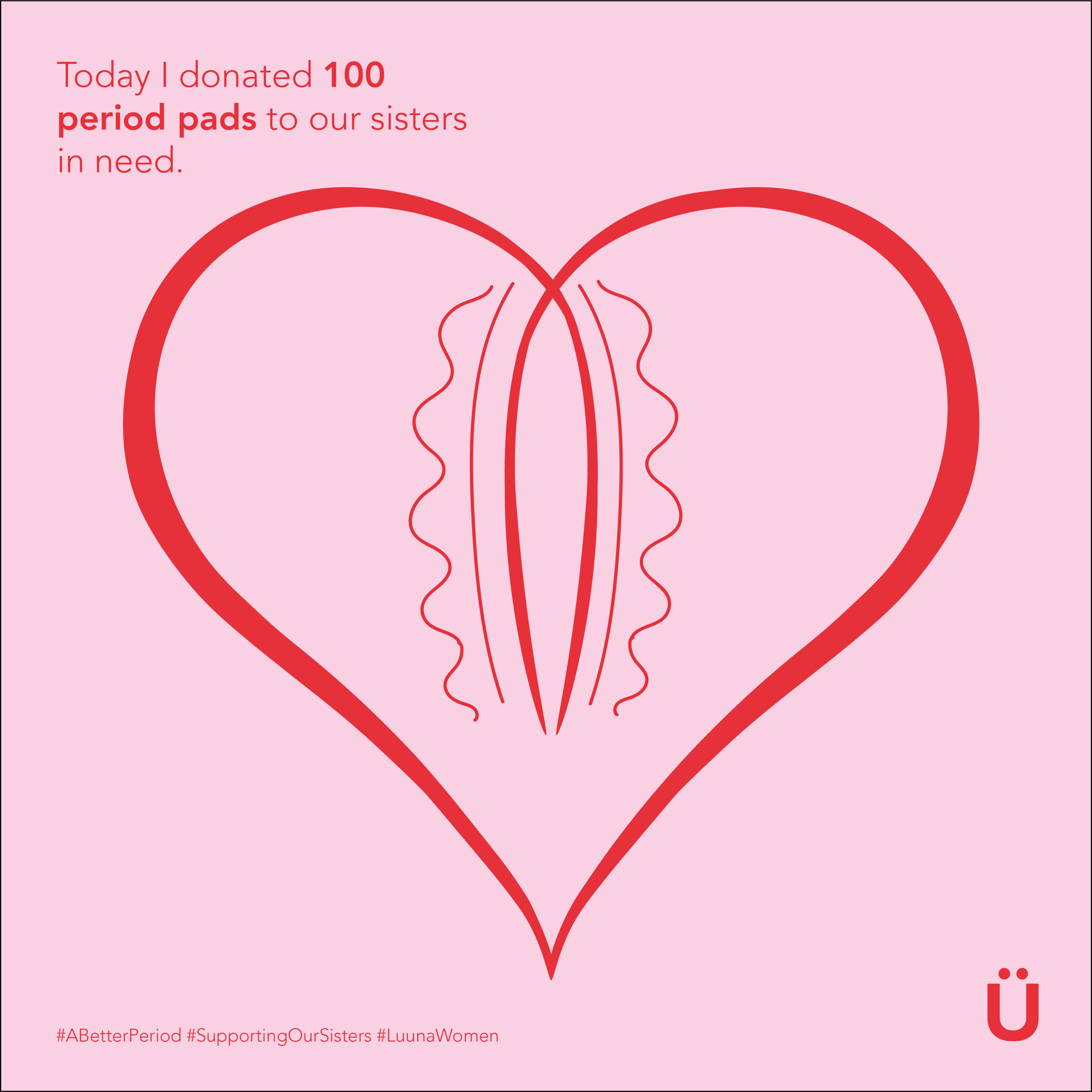While I was on my period during my stay in a Nepalese rural village, I was considered lucky to be able to enter the kitchen.
However, for many in the country, having to forcibly sleep in a cow shed or hut with poor ventilation and sanitation is sadly deemed normal.
In many societies, the basic and necessary human process of menstruation is still viewed as a taboo subject. Girls, rendered ‘impure’, will often be ostrasized from basic activities and banned from entering places like the kitchen or temple.
In Nepal, for example, myths and misconceptions are still deeply rooted in their culture, and some are led to believe that the impurity of menstruating women will lead to crop failure and even the death of ‘contaminated’ people or animals. In particular, the ancient tradition of chhaupadi relegates females to mud huts or sheds, banishing them from crossing the same ground as relatives or friends.
According to Tanya B from The Hive Life, a woman bleeds for an average of 2535 days in her lifetime, the equivalent to approximately seven years. The lack of access to sanitary products and menstrual hygiene products affects over 800 million women a day, and this can lead to women being excluded from society, dropping out of school, and being deemed unfit to work.
On Chinese TV, advertisements for feminine hygiene products are banned during prime time and lunchtime, and one in four women in china says periods negatively affects their lives. The Western world is also not exempt from period poverty. According to Plan International UK, one in 10 females can’t afford to buy menstrual products in the United Kingdom. An additional survey taken by a grassroots group Women for Independence found that one in five women have experienced period poverty in Scotland.
In some parts of the world, girls may manage their periods with dirty rags, sands, or tree bark. Not only do these unsanitary ways of managing menstruation lead to disease and complications, poor menstrual hygiene has also been linked with physical complications such as reproductive and urinary tract infections.
As stated by Sanjay Wijesekera, former UNICEF Chief of Water, Sanitation and Hygiene, “Meeting the hygiene needs of all adolescent girls is a fundamental issue of human rights, dignity, and public health.” The nature of this taboo is cyclical, and the first step to overcoming this requires normalizaing menstruation and destroying taboos around the natural process.
So how does this relate to climate justice and the environment?
As we explain in this video, women’s empowerment is crucial to tackling climate change. According to the list by Project Drawdown, the world’s leading resource for climate solutions, “Health and Education” ranks as number #2 for the most effective ways to mitigate climate change.
More specifically, educating girls is one of the most powerful levers available for avoiding emissions by curbing population growth. Currently, girls around the world are massively impeded by economic, cultural, and safety-related barriers, and one large component of this hindrance is the lack of education revolving female health. However, it’s been repeatedly proven that women with more years of education have fewer and healthier children, and actively manage their reproductive health.
As of now, although girls and women are at the forefront of climate change, our bodies are still subject to decision-making by predominantly male-led governments. With higher rates of education, girls will become equipped to tackle these problems and be more prepared to face the impacts of such detriments. And what we need is females to lead the conversation on how to respond to our bodily functions.
So what can we, as individuals, do about this problem?
While consumerism should never be the solution to any global issue, it’s a different conversation when menstruation requires we purchase sanitary products anyway. Archaic attitudes towards periods sadly still persist around the world, and this is an instance where we may use our dollars to support systems that align with our values.
One example of a company paving the way for this change is LUÜNA Naturals:
As a social impact company, their aim is to “end menstrual stigma, promote female health & reduce plastic period waste.” Their vision of ‘A New Normal’ simultaneously tackles three interconnected sustainable development goals of good health and well-being, gender equality, and climate action. They are a brand run by women for women, encouraging all aspects of female empowerment.
Chemicals used in conventional cotton farming poison entire eco-systems and irreparably destroy soil quality, which further leads to higher rates of drought and erosion, amplifying current environmental hazards. Synthetics like viscose, polyester and rayon are linked to hormone disruption and reproductive health issues, toxic chemicals used in conventional cotton farming are linked to chronic health issues, including cancers, and fragrances, odor neutralizers and plastics are the cause of irritations and rashes that women blame on their bodies. Moreover, these materials take hundreds of years to break down, and hundreds of thousands of tonnes of plastic period waste reach landfills every year.
Whereas conventional brands tend to negatively impact our health and environment, LUÜNA’s products are entirely toxin-free and absent of harmful synthetics, fragrances and toxic chemicals found in conventional cotton products.
My favourite part about this company, however, is their dedication to supporting other initatives and growing a movement in which girls may thrive. Not only are they a local, Hong Kong-based company, but also integral to their mission is ‘supporting [their] sisters,’. This involves hosting educational workshops and donating pads to hospitals and communities in need.
Particularly during this time, where those at the front lines are disproportionately affected by Covid-19, LUÜNA has been donating organic period pads to vulnerable groups including medical workers and low-income families. They’ve already donated 10,000 pads since March, and now, when you spend 250HKD/46SGD on healthy period care through their website, they donate 100 pads to vulnerable women and girls. Because I hope to use the influence I have to help them scale these donations, by using the code ‘EUGENIALUUNA,’ you can even shop with a 15% discount!
The benefactor I’ve decided to partner with for this initiative is Bethune Migrant’s Refuge HK. Nicknamed “a home away from home,” this is a temporary shelter for female migrant workers in distress seeking justice. I chose to collaborate with this organization because I believe that these marginalized women are disproportionately affected by the lack of education surrounding menstrual health.
By shifting from a company that prioritizes our bodies, our planets, and our sisters in need, this is a near effortless way to contribute to a society in which we may seek true equality for all!



